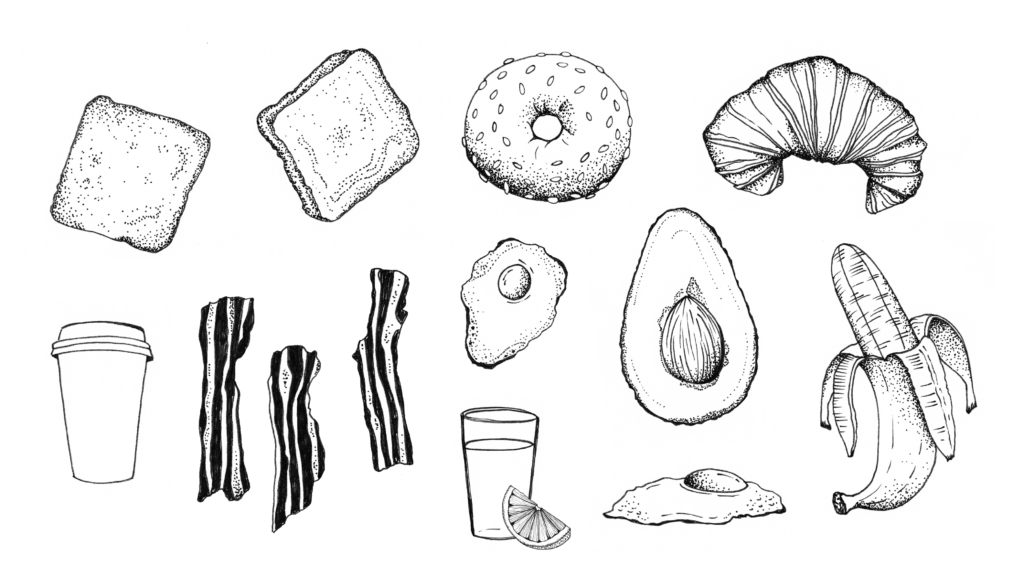“What should I eat for my mental health?” is one of the most common questions I’m asked on a daily basis in my practice. Focusing on nutrition and gut health can be very helpful for mental health, but it’s just one factor in healing. Nutritional interventions are not going to be right for everyone. If are in a good place to bring in nutritional interventions, here are my basic principles for eating for mental health:
Aim to eat 7-10 servings of fruits and vegetables per day
Most research on nutrition & mental health is weak. It is correlation at best, and tends to focus on general recommendations for eating whole foods and limiting processed stuff. That being said, I recommend most clients follow a plant based diet. Most of us are not consuming nearly as many plants as we could be! The benefits of fresh, whole fruits and vegetables are too numerous to list. Set a goal to increase plants and try at least 1-2 new plants per week to find what you like.
Eat three times per day
Yes, there are benefits to sometimes eating less or intermittent fasting, but in general we need regular balanced meals for mental and physical health. I want my patients to have stable blood sugar and lots of energy for the things they want to do. We need to eat enough for this.
Under eating and skipping meals tends to correlate with overeating processed food and bingeing later in the day.
Minimize processed food, refined sugar, and alcohol
We are wired to biologically pursue pleasure, and these foods activate dopamine, our pleasure hormone. There is nothing inherently wrong with this, but this mechanism can make it very challenging to regulate consumption in the modern environment. These foods typically make us feel great in the moment and terrible in the long run.
Talk to your doctor about gluten
There is emerging evidence that gluten, the primary protein in wheat, has an effect on mood in some people (not everyone). It is clear that there is increased association with celiac disease and certain psychiatric disorders, but now there is more evidence that gluten can also impact those of us who are just gluten sensitive.
Talk to a medical professional before eliminating gluten. It is a good idea to screen for celiac disease before giving up the grain, and food elimination isn’t right for everyone.
A healthy relationship with eating is better for you than any one perfect diet
Stress around food is going to have a negative impact on digestion, period.
Nutrition is rarely the cause of mental health disorders, but it can make a big difference in healing. Talk with a naturopathic doctor, nutritionist, or functional medicine doctor to focus on optimizing nutrition and being able to eat in a way that you feel free and healthy.
As always, this blog post is not a doctor’s appointment, but merely for education. It does not replace medical advice.
{Cover art by Loni Thomson}


